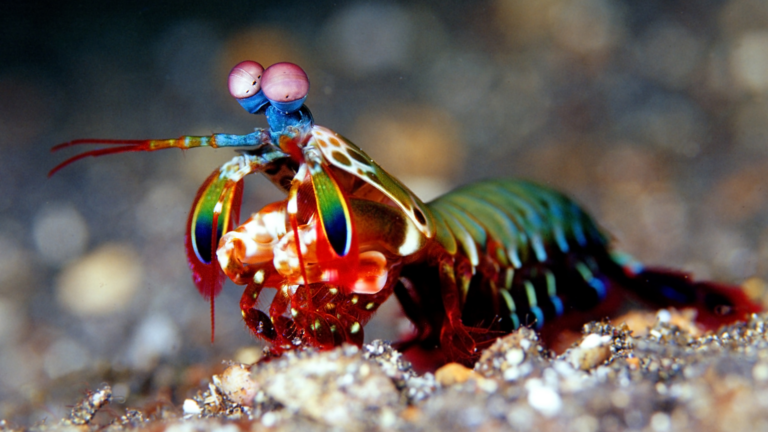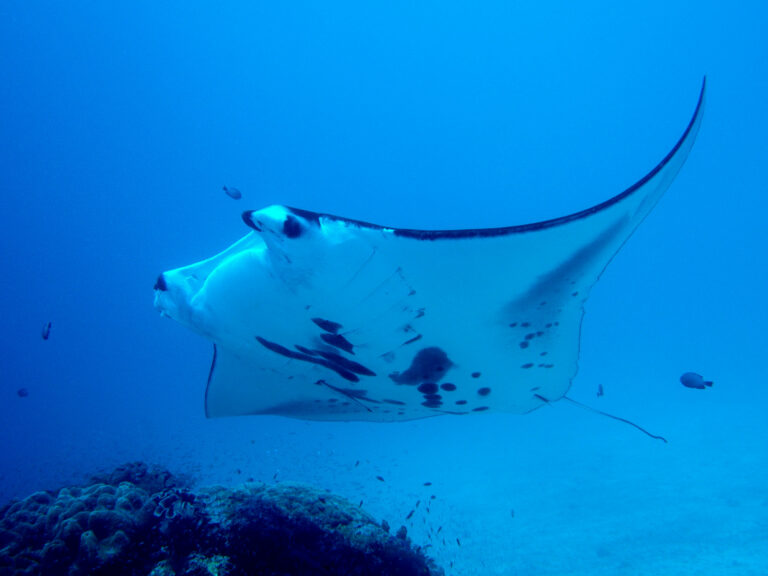In the crystal-clear waters of Indonesia, the octopus continues to fascinate scuba divers and snorkelers. These species have nine brains: a central one and one in each arm. The tentacles are covered with suction cups, each with the unique ability to taste, touch and act independently, even to the point of being able to determine the color of the surface touched.
Physical Abilities and Metamorphosis
The revelations continue with an exploration of octopuses’ extraordinary physical abilities. Their ability to metamorphose and change color is unequalled among animals. Camouflage is used not only for concealment, but also to mimic larger predators, such as eels. In a display of ingenuity, octopuses sometimes use two tentacles as feet, walking on the ocean floor.
Adaptability and Resilience
Remarkably resilient, octopuses can effortlessly regenerate lost arms, adding to their adaptability. In addition to their cerebral prowess, octopuses have three hearts that pump blue blood. While two hearts feed their gills, a third heart maintains circulation in their organs. Interestingly, this third heart pauses when the octopus swims, perhaps explaining its preference for walking.
Life Cycle and Reproduction
Octopuses have an intriguing life cycle: after mating, they go through semelparity, during which they devote their last days to raising eggs. The female protects her eggs at all costs, while the male, having fulfilled his reproductive duty, gradually declines, ceasing to feed and losing control of his body.
Tool Usage and Problem-Solving
These intelligent cephalopods are capable of using tools, with the coconut octopus distinguished by its ability to use coconut shells or seashells for shelter. In captivity, octopuses demonstrate problem-solving skills, deftly opening jars and devising clever escapes from their aquarium. Known for their escapades, octopuses in captivity can sometimes venture out of aquariums to explore terrestrial environments, feeding in kitchens and returning discreetly in the morning. Their uncanny ability to squeeze through small openings is attributed to the flexibility of their bodies. Indeed, the beak is the only rigid part of their body. It measures just a few centimeters, and if the beak passes through a small opening, the whole body can follow
Embark on a scuba diving or snorkeling adventure in these pristine waters, and marvel at the magic of the Indonesian marine world as you encounter the fascinating octopus. Contact our travel experts, and we’ll create a unique and unforgettable experience for you.



